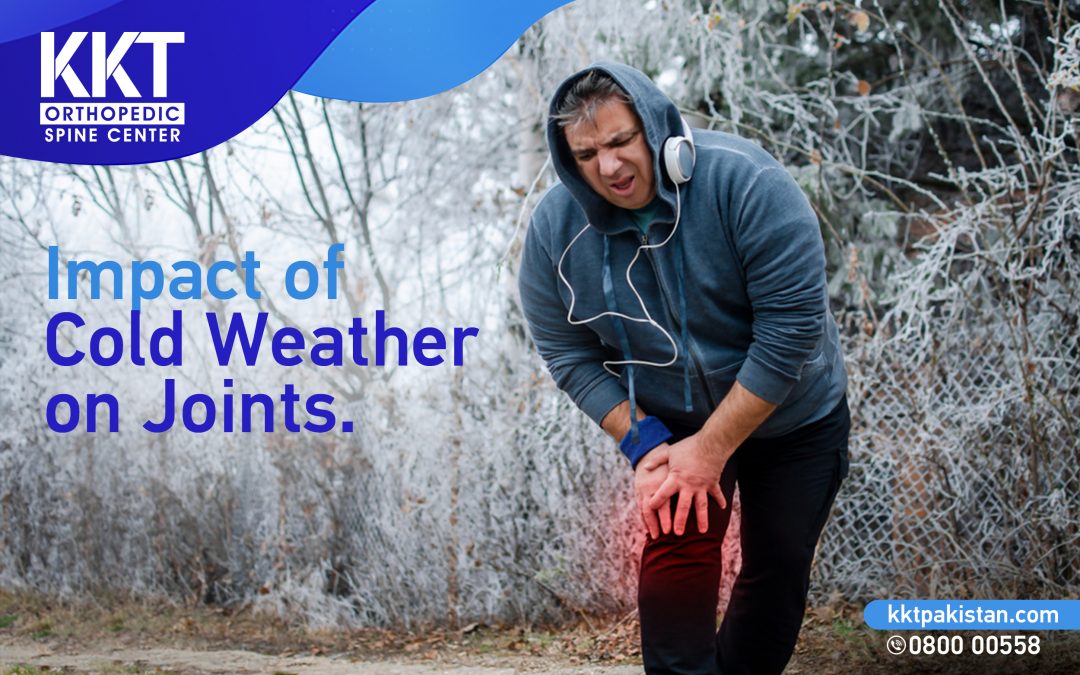Cold weather impacts joint health, which can worsen pre-existing conditions like arthritis and cause discomfort and restricted mobility for many people. Although joint pain is commonly associated with aging and wear and tear, recent studies suggest that environmental factors, including cold weather, play a significant role in the severity and frequency of these symptoms.
Is cold exposure harmful to joints?
Weather changes don’t affect everyone but can cause joint pain for people with arthritis or injuries. Here are some tips to keep your joints healthy during the cold. First, keep yourself hydrated by drinking plenty of water; you can set up a reminder if you are less thirsty in winter. Our body needs water even in cold weather. Also, try to dress warmly and keep yourself cozy. And finally, don’t forget to maintain an active lifestyle. Exposure to sunlight is highly effective in relieving joint pain. Try to be in sunlight if you get sun in winter.
How does cold weather impact joints?
Weather changes can lead to a drop in barometric pressure. This impact of cold weather on joint by slightly expanding tendons, muscles, and surrounding tissue. Due to the limited space in the body, this expansion can cause pain in the joints, especially for those who suffer from arthritis.
Can cold cause swelling of joints?
In cold weather, the fluid in our joints tends to thicken, making them harder and more painful to move. Additionally, lower air pressure may affect arthritic or injured joints that are susceptible to inflammation. This Impact of cold weather on joint can cause the soft tissue surrounding the joints to expand and swell, increasing discomfort.
When to consult a doctor?
Just because cold weather is here doesn’t mean it can stop you from having the freedom to move and a productive lifestyle. While your doctor outlines treatment options, it’s essential to find some preventive measures and remedies that work for your body. If you are in severe pain, you must see an orthopedic specialist. Depending on the pain, the doctor might give you a treatment plan to manage it.

